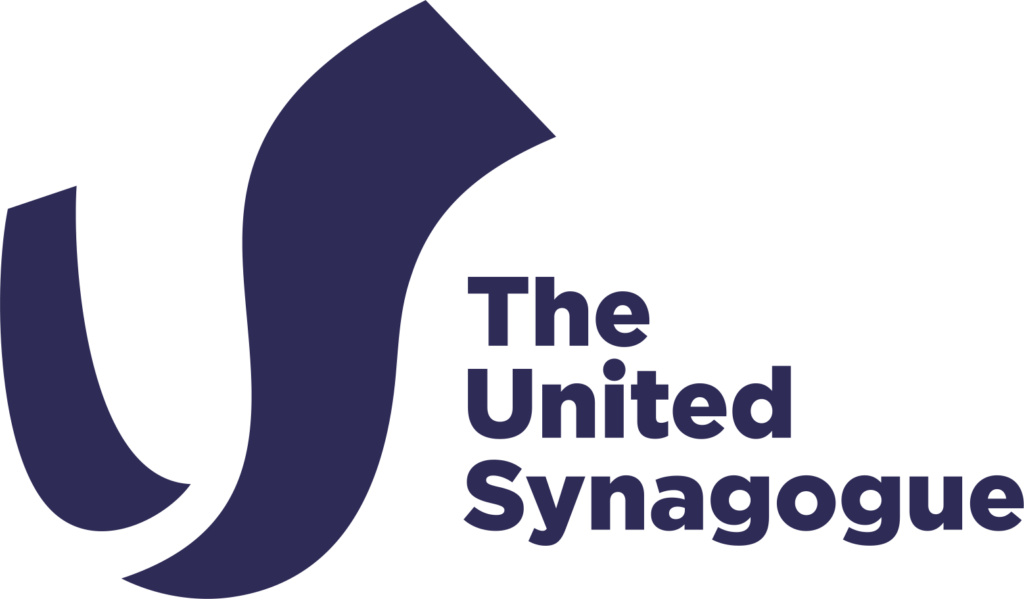By Rabbi David Lister, Edgware United Synagogue
The intensity of Ne’ilah, at the end of Yom Kippur, can be legendary. It is an hour when 40 days of spiritual effort come together and… and what? The change in the liturgy tells us. Seal us in the book of life. Seal us for sustenance, for healing, for forgiveness. At Neilah, God moves from writing our judgement to sealing us into His book. What does this mean?
In his commentary on Bereishit 1:26, Rabbi Shimshon Raphael Hirsch (d.1888) points out that the Hebrew word Adam (the first human) is linked to the Hebrew chatam which means ‘a seal’. Humans were to be God’s seal on the world. Just as a signature on a document attributes it to the person who signs it, so people were supposed to be the creatures attesting to the fact that the universe was made not by the blind clash of elemental forces, but by God. As we say in the Amidah for Neilah: “You distinguished humans from the beginning, and recognised [people] as worthy of standing before You”.
Indeed the Midrash states that such was the spiritual grandeur which Adam fleetingly brought into the world, that the angels mistook him for God. Even we, millennia later, can see a tiny trace of this Godliness in ourselves. Out of all the teeming life on our planet, out of all the trillions of stars and planets that make up the cosmos, only human beings can make a principled decision based on right and wrong.
Sadly, we have slipped since those heady moments in the Garden Eden. Our mark on the world nowadays may well be pollution and exploitation rather than dazzling spiritual greatness. But we can change. Rabbi Moshe Chaim Luzzatto (known as the Ramchal, d. 1746) writes that at Neilah we can regain the spirituality of Adam and Eve when they were still unsullied by sin, reclaiming the honour of serving as God’s seal on the universe.
This is no mean feat. We have to forsake not only our own misdemeanours, but also any hint of the deep stains that millennia of human brutality, stupidity, greed and indifference might have left on us. We have to find within ourselves the speck of pure goodness from God Himself and develop it, such that it envelops us totally. All within the tiny window of one hour at Neilah. Now perhaps we can understand the change in the liturgy at Neilah. God will seal us in His book of life if He can – but it is up to us to become His seal, so that we have a place in His book.
Neilah poses this mighty challenge to us. We are tired, we are hungry; we have done so much already. But it is precisely at this time that we have the opportunity to rediscover the glory of our own humanity, to spread God’s radiance in His world, and to claim our right to be sealed in the book of life.

